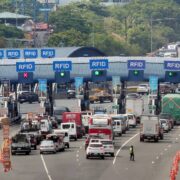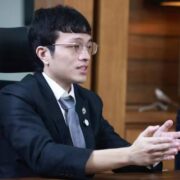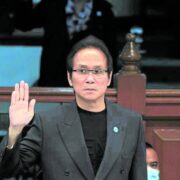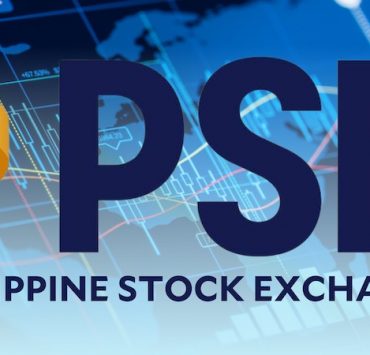PH turning into investment magnet

The Philippines’ reputation for attracting foreign direct investments (FDIs) is “turning for the better,” thanks to continued reforms and economic stability over the past decade, HSBC Global Research said.
In a commentary sent to journalists, HSBC said the “bearish view” on the Philippines may be “dated” and perhaps “incommensurate” with what the country has recently achieved. Such optimism stemmed from the country’s “strong narrative of reform” and “a large sense of macroeconomic stability.”
“If we look at FDI inflows relative to the size of the economy, the Philippines is, in fact, in the middle of the pack in Asean (Association of Southeast Asian Nations),” HSBC said.
”FDI inflows may not be as robust as say, Malaysia and Vietnam, but they are a sizable improvement from the sluggish inflows seen in the 1990s and the early 2000s. This, we believe, should be enough evidence to show that the country’s reputation [for] attracting FDI is, indeed, turning for the better,” it added.
The urge to open up the economy to more foreign capital has prompted lawmakers allied with President Marcos to propose amendments to the protectionist provisions of the 1987 Constitution. But similar to past attempts to revise the charter, the move has been met with criticisms amid fears that the incumbent would only extend term limits.
Before stepping down from Malacañang, former President Rodrigo Duterte enacted two key reforms to open the economy to more foreign investments. First was the Retail Trade Liberalization Act, which sought to simplify and ease restrictions for foreign retailers that wish to set up shop in the country. The other was amendment of Commonwealth-era Public Service Act, thus opening to full foreign ownership industries once deemed off-limits to foreign capital such as telecommunications, airlines and railways.
According to HSBC, the series of “bold and game-changing reforms” since 2018 have “tapped interest amongst foreigners to set up shop and take part in the Philippines’ development.”
Data showed that committed FDIs in the country—which may or may not translate to actual inflows in the future—soared to a record-high of P889.07 billion in 2023 or 3.7 percent of gross domestic product, the highest since the Asian financial crisis.
But HSBC said “a myriad of structural and institutional challenges” like high electricity costs and persistent red tape are still making investors ignore the Philippines and look elsewhere in the region.
”The Philippines was late in the FDI game. No doubt. However, it is better to be late than never since the country has a myriad of economic opportunities to maximize,” the bank said.

















